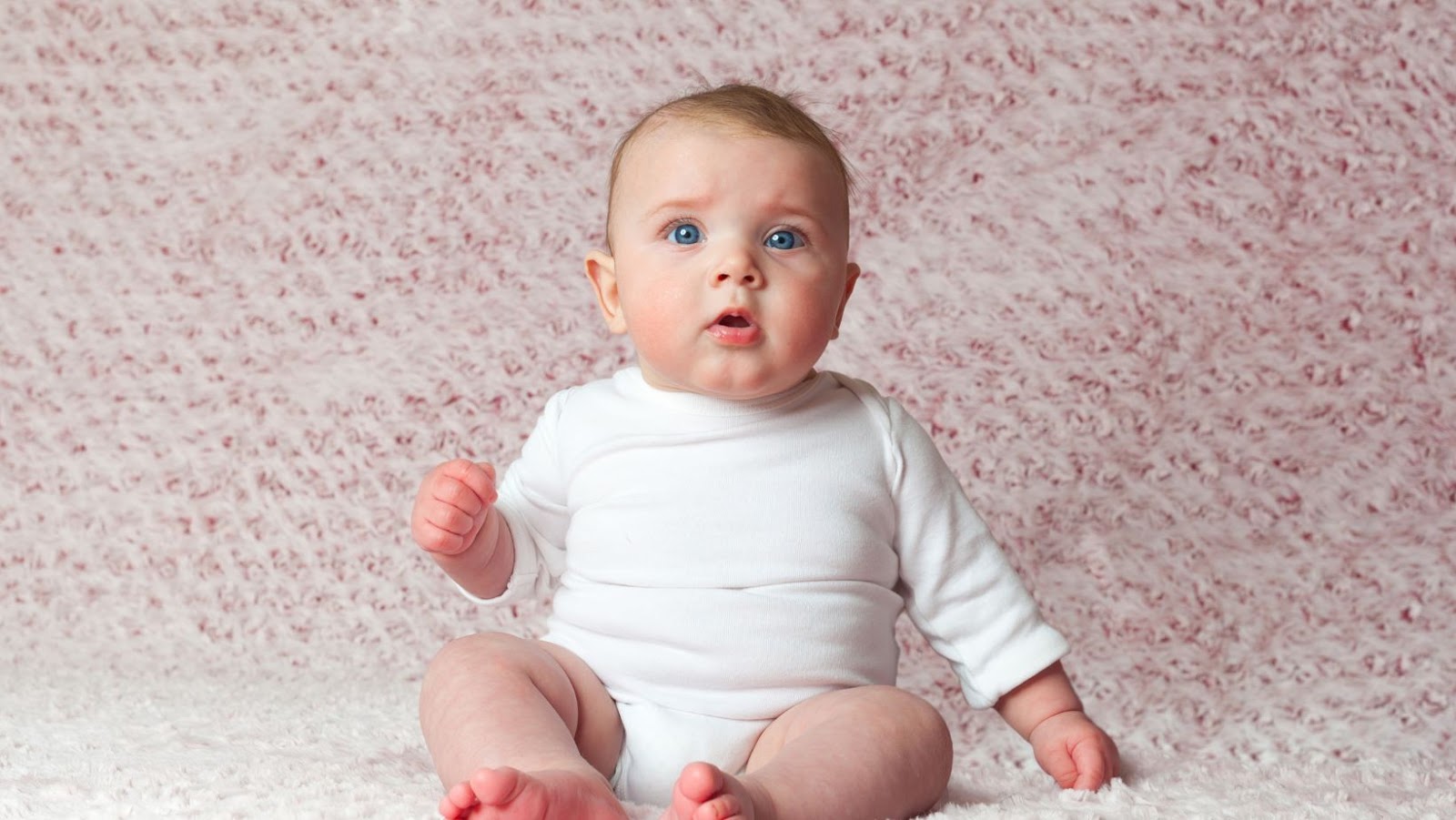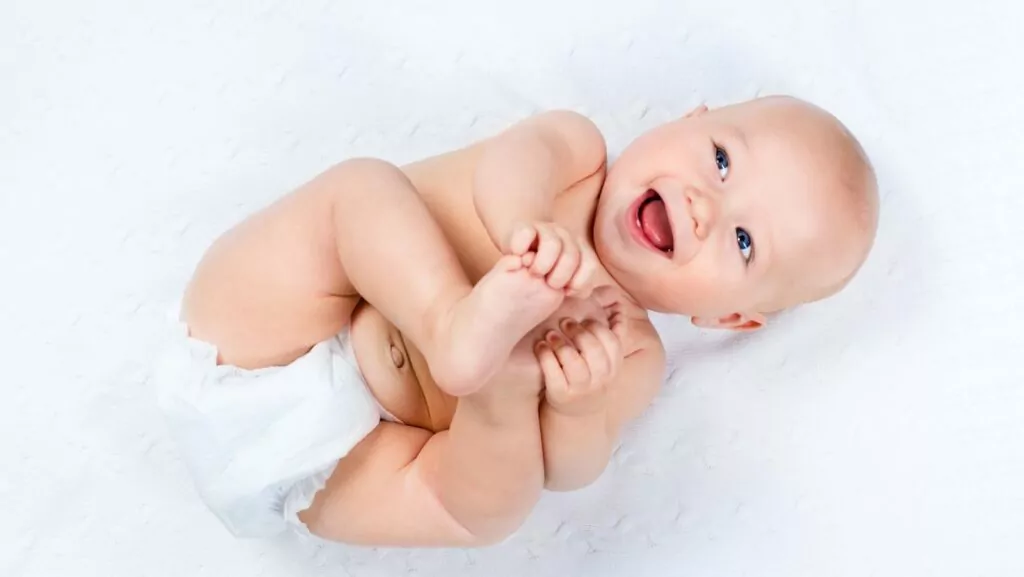As a parent, it’s natural to wonder when your baby should stop wearing socks. While it’s important to keep your little one’s feet warm and protected, there comes a time when socks may no longer be necessary or even safe.
For newborns and infants, socks are generally recommended to help regulate their body temperature and keep their feet warm. However, as your baby grows and becomes more mobile, socks may not be necessary and can even pose a safety risk, as they can cause slips and falls on smooth floors.
While there’s no set age when babies should stop wearing socks, it’s generally safe to do so once your baby starts to walk. This is because walking barefoot helps develop the muscles and strength in your baby’s feet, as well as improves their balance and coordination. If you’re concerned about keeping your baby’s feet warm, consider using soft-soled shoes or booties instead.
As a parent, you may have wondered when your baby should stop wearing socks. While it may seem like a trivial concern, there are actually several benefits to allowing your baby to wear socks beyond just keeping their tiny toes warm. In this section, I’ll outline a few of these benefits.
When Should Baby Stop Wearing Socks
- Warmth and Comfort
First and foremost, wearing socks provides warmth and comfort for your baby. The extra layer of fabric can help regulate your baby’s body temperature and prevent them from getting too cold. It can also provide a cozy and snuggly feeling for your little one.
- Hygiene
Another important benefit of wearing socks is hygiene. Socks can protect your baby’s feet from dirt and germs on the floor or ground. Additionally, socks can help keep your baby’s shoes from getting smelly by absorbing sweat and odor.
- Development
Socks can also play a role in your baby’s physical development. When your baby is first learning to crawl and walk, socks can provide traction on hardwood, tile, or other slippery floors. This can help prevent slips and falls and give your baby more confidence as they explore their surroundings.
However, as your baby grows older and develops stronger muscles, socks may no longer provide needed traction and can actually hinder development as they learn to walk properly.
While there are many benefits to allowing your baby to wear socks, there comes a time when it’s appropriate to stop. It typically depends on the baby and the current scenario. When a baby starts walking, it’s important to let the baby feel the floor or surface, so if your baby is walking on a non-slippery surface, it’s best to avoid socks. Additionally, during potty training, it may be easier for your baby to learn how to pull down their pants and underwear without socks getting in the way.
So, if your baby is not yet on their feet, there’s no need to rush to ditch the socks just yet. But as they start walking and become more mobile, it’s a good idea to slowly wean them off socks when indoors and save them primarily for outdoor use. As always, consult with your pediatrician to determine what’s best for your baby.

When to Start Wearing Socks for Your Baby
As a parent, it’s important to ensure that your baby stays warm and comfortable, especially during the cold winter months. One item that can help keep your little one’s feet warm is a pair of socks. But when is the right time to start putting socks on your baby?
Here are a few important points to keep in mind:
- Newborns don’t need socks: In the first few weeks after birth, your baby won’t need socks. In fact, it’s better to avoid socks as much as possible during this time to allow your baby’s skin to breathe and to help regulate their temperature.
- Start using socks when it’s cold: Once the weather starts to turn cooler, it’s a good idea to start using socks to keep your baby’s feet warm. You can start by using them during the night and then gradually during the day as well.
- Consider your baby’s comfort: While socks can help keep your baby warm, they can also be uncomfortable if they are too tight or too thick. Make sure you choose socks that are the right size for your baby’s feet and that are made from breathable materials.
- Keep an eye on your baby’s feet: As your baby grows, their feet will also change. Make sure you regularly check the size of your baby’s socks and replace them as needed. Additionally, some babies may prefer to be barefoot and resist wearing socks. If this is the case, don’t force them to wear socks.
In conclusion, knowing when to start using socks for your baby is important to ensure their comfort and well-being. It’s best to wait until the weather starts to turn colder before using them regularly, but always keep your baby’s comfort in mind and pay attention to any signs that they may be uncomfortable or resist wearing socks.
As babies grow and develop, their clothing needs change, including their need for socks. While it’s important to keep your baby’s feet warm and protected during the early months, there comes a time when you may wonder if it’s time to say goodbye to those cute little socks. So, when should the baby stop wearing socks? Here are some signs to look out for:
- Walking: Once your baby starts walking, they may no longer need to wear socks. This is because the friction between their feet and the shoes they wear can cause their socks to slip off or bunch up, making them uncomfortable and potentially unsafe for them.
- Warm Weather: Depending on where you live, warmer weather may mean it’s time to ditch the socks. If your baby’s feet are getting too hot, sweaty, or uncomfortable, they may no longer need socks to keep them warm.
- Toe Splaying: Watch how your baby’s toes naturally splay out when they stand and walk. If their toes are spreading and stretching more, it may be a sign that they’re ready to go sock-free. This is because socks can limit your baby’s natural toe movement, which can hinder their balance and coordination.
- Diaper Changes: If your baby is constantly kicking off their socks during diaper changes, it may be a sign that they’re no longer interested in wearing them.
Ultimately, the decision on when to stop wearing socks is up to you and your baby’s individual needs and preferences. As with any parenting decision, trust your instincts and do what feels right for you and your little one.

